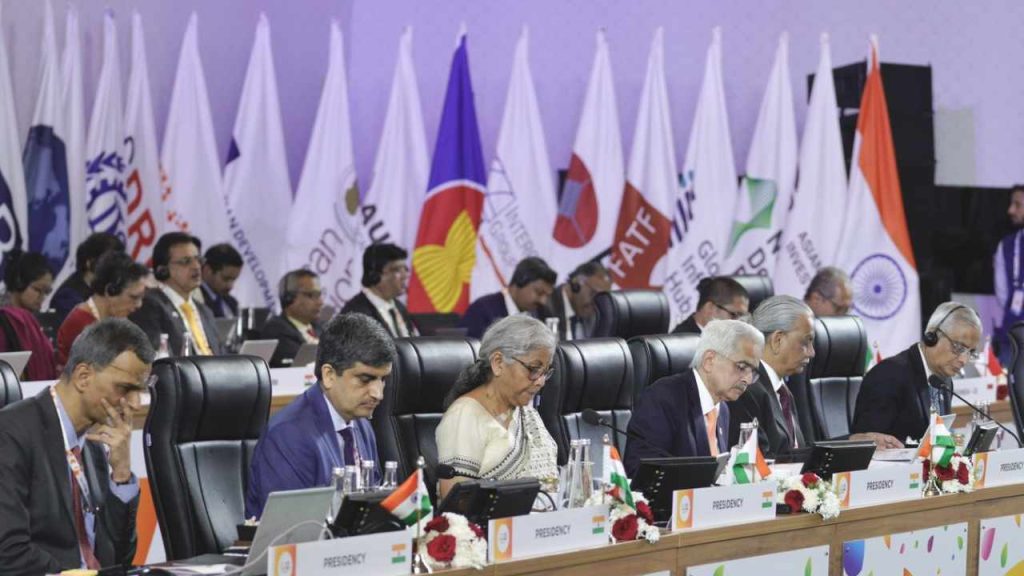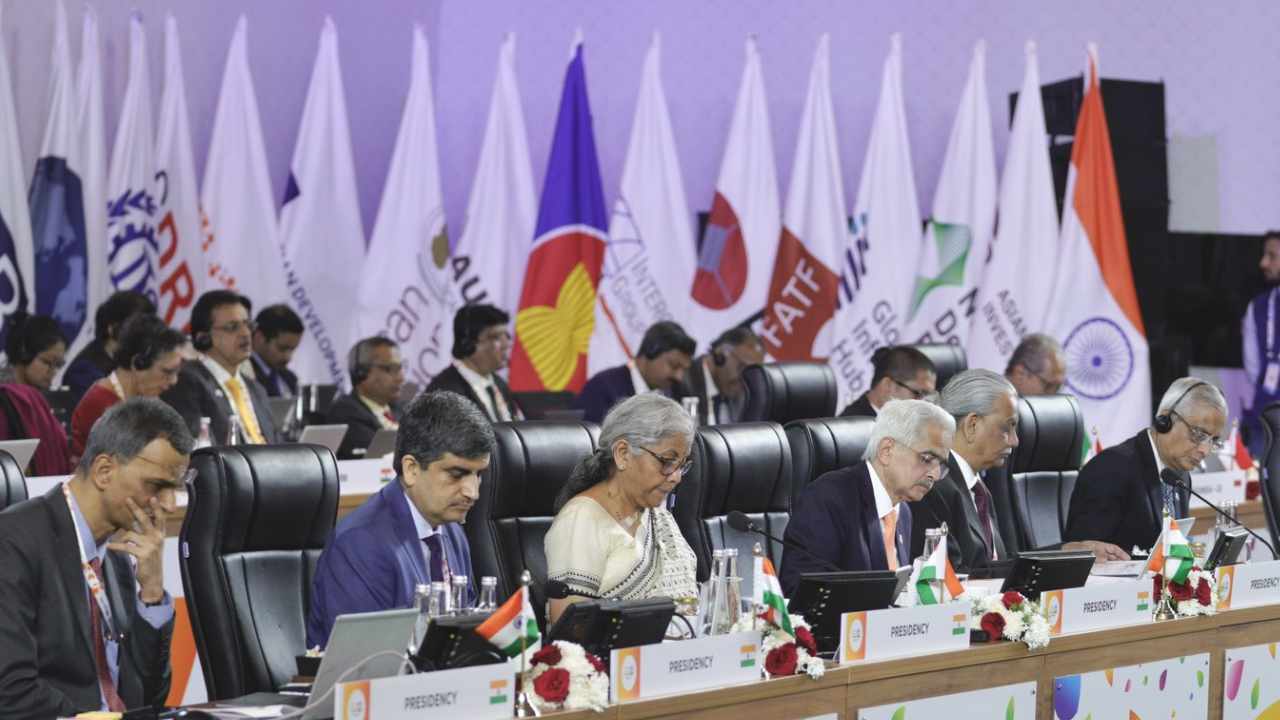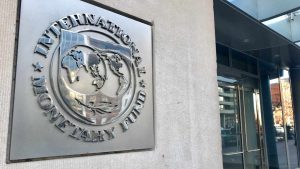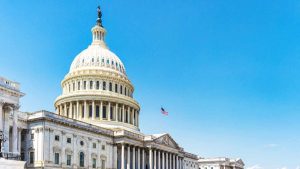India Asks IMF and FSB for Joint Paper to Help Formulate ‘Comprehensive’ Crypto Policy – Regulation Bitcoin News

[ad_1]

India has asked the International Monetary Fund (IMF) and Financial Stability Board (FSB) to develop “a synthesis paper” on crypto assets as part of the G20 meeting of finance ministers and central bank governors under India’s presidency. “This would help in the formulation of a coordinated and comprehensive policy approach to crypto assets,” said India’s finance ministry.
India Asks IMF and FSB for Technical Paper on Crypto
The Indian government released on Saturday its “G20 Chair’s Summary and Outcome Document” following the first two-day G20 meeting of finance ministers and central bank governors that took place in Bengaluru on Feb. 24-25. Crypto regulation was among the topics discussed.
During a panel discussion on cryptocurrency regulation as part of the G20 meeting, India requested that the International Monetary Fund (IMF) and Financial Stability Board (FSB) collaborate on a technical paper on crypto assets. According to the summary document:
IMF and the FSB to jointly submit a synthesis paper integrating the macroeconomic and regulatory perspectives of crypto assets in September 2023.
The document adds that the FSB is “to finalize its high-level recommendations on the regulation, supervision and oversight of global stablecoins; and high-level recommendations on the regulation, supervision and oversight of crypto-asset markets and activities by July 2023.” In addition, the Bank of International Settlements (BIS) is “to submit a report on analytical and conceptual issues and possible risk mitigation strategies related to crypto assets.”
India’s ministry of finance also released a statement Saturday following the G20 meeting of finance ministers and central bank governors. “To complement the ongoing dialogue on the need for a policy framework, the Indian presidency has proposed a joint technical paper by the International Monetary Fund (IMF) and the FSB, which would synthesize the macroeconomic and regulatory perspectives of crypto assets,” the finance ministry stated, elaborating:
This would help in the formulation of a coordinated and comprehensive policy approach to crypto assets.
India aims to expand the scope of the G20 discussion on crypto assets to encompass not only financial integrity concerns but also the macroeconomic implications and the widespread adoption of cryptocurrencies throughout the economy, the Indian ministry of finance’s statement further notes.
Indian Finance Minister Nirmala Sitharaman has been saying for many months that crypto will be a priority in G20 discussions under India’s presidency. She said in October last year that India hopes to arrive at a technology-driven regulatory framework or a standard operating procedure (SOP) for crypto assets. Sitharaman has also repeatedly pushed for international cooperation on crypto.
This week, the IMF executive board released guidance to help countries develop effective crypto policies. Besides recommending that “crypto assets should not be granted official currency or legal tender status,” the IMF executive board directors “agreed that strict bans are not the first-best option, but that targeted restrictions could apply.”
What do you think about India asking the IMF and the FSB to jointly develop a technical paper on crypto? Let us know in the comments section below.
Image Credits: Shutterstock, Pixabay, Wiki Commons
Disclaimer: This article is for informational purposes only. It is not a direct offer or solicitation of an offer to buy or sell, or a recommendation or endorsement of any products, services, or companies. Bitcoin.com does not provide investment, tax, legal, or accounting advice. Neither the company nor the author is responsible, directly or indirectly, for any damage or loss caused or alleged to be caused by or in connection with the use of or reliance on any content, goods or services mentioned in this article.
[ad_2]
Source link










